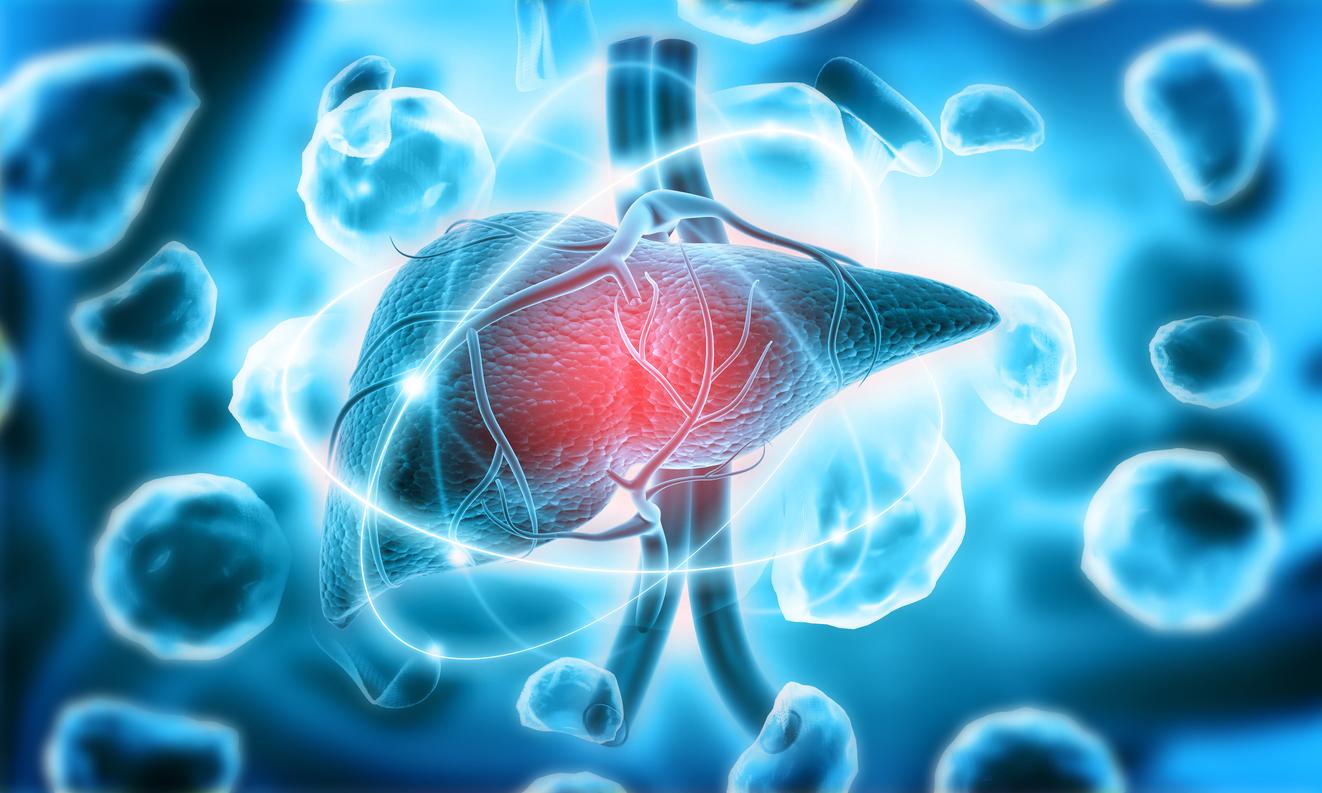Many risk factors can promote the onset of cardiovascular disease, among them stress. A study published in The Lancet details how stress can affect the health of the heart and blood vessels. The researchers proceeded by medical imaging with 293 people over the age of 30. They studied the links between the stress perceived by these people, the activity of their amygdala and their bone marrow and the inflammation of their arteries. The amygdala is indeed a region of the brain specialized in the analysis of our senses and the production of emotions such as fear, pleasure or anxiety. It is involved in the feelings of stress that one can feel at the psychological or emotional level.
How stress plays on our arteries
The researchers observed a correlation between high activity in the amygdala and a high level of inflammation in the arteries, as well as an increase in the production of white blood cells in the bone marrow. This would explain how stress can influence cardiovascular disease. If this element can play in the appearance of these diseases, remember that other factors have a strong influence: smoking, obesity, overweight, hypertension and high cholesterol levels promote the occurrence of these disorders.
Also to read
Stress: burnout increases cardiovascular risk
Cardiovascular diseases: loneliness, enemy number 1 of the heart
Work: 3500 heart attacks due to stress


















